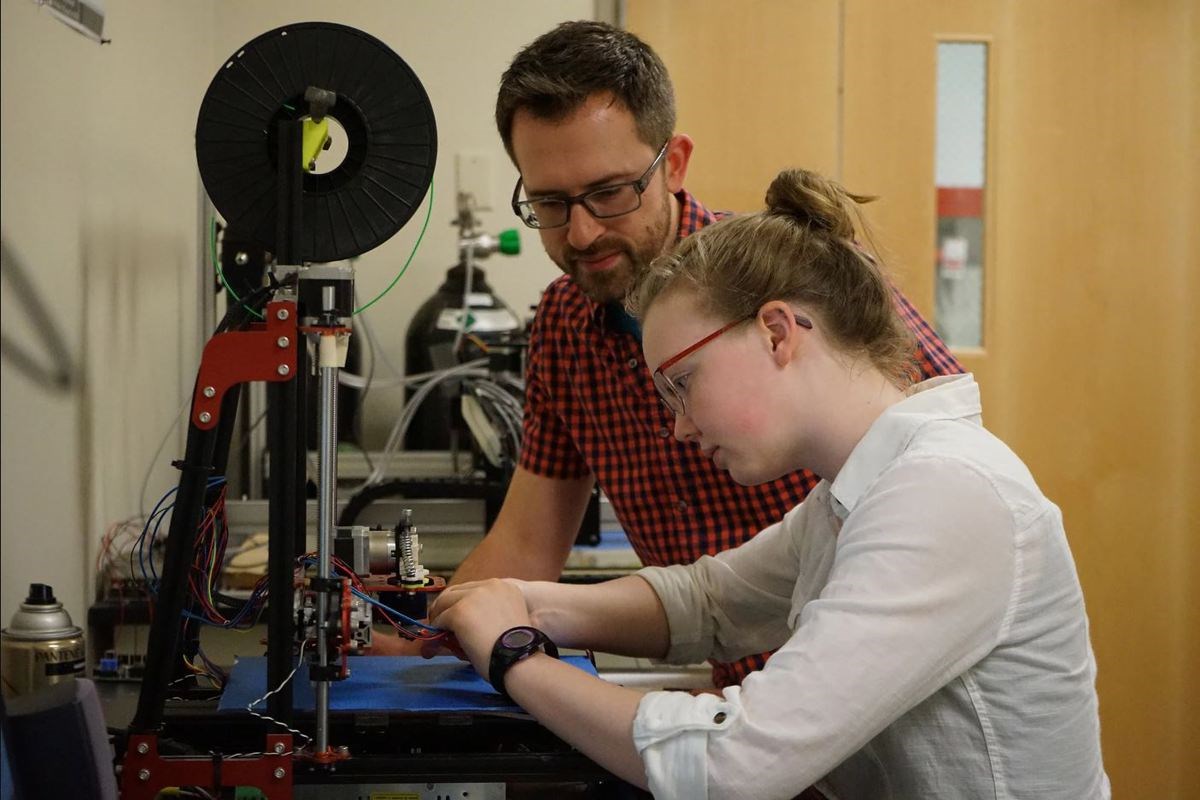What courses will you take?

The B.S.E. in Industrial Engineering at UMass Lowell emphasizes manufacturing and automation and gives students hands-on experience through problem-based learning.
You will follow a rigorous and well-rounded curriculum that provides a solid science and engineering foundation, with advanced coursework in automation and control, manufacturing process, ergonomics, analytics and operations management.
Designed to be multidisciplinary, you can choose courses within the Francis College of Engineering, the Kennedy College of Sciences and the Manning School of Business. In addition, you may also pursue minors in areas such as robotics, production and operations management.
Visit the Academic Catalog for a complete course listing.
Want to switch to the industrial engineering major from another UML department? View the requirements.






